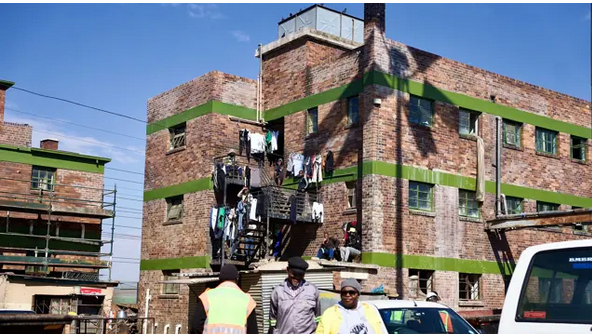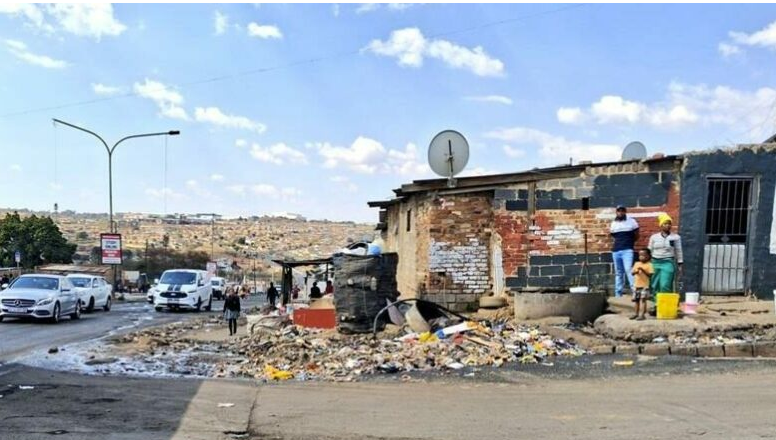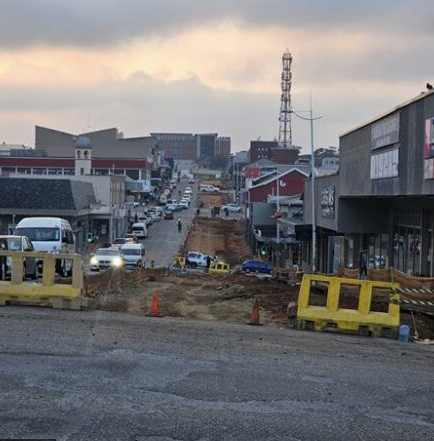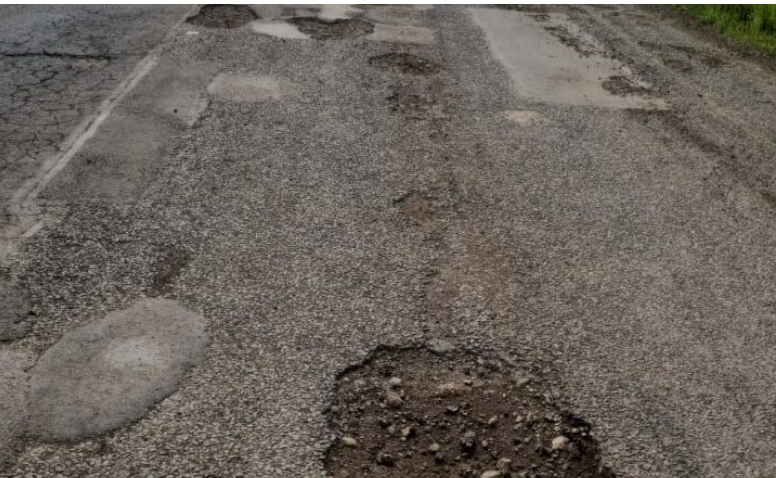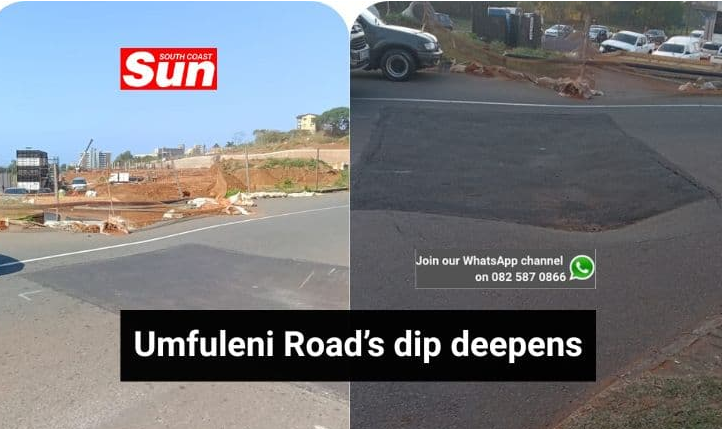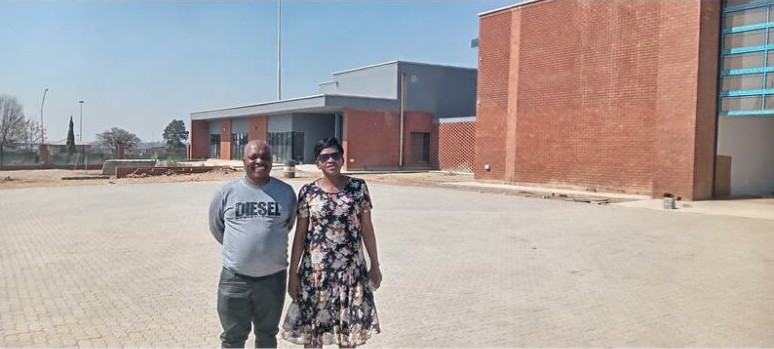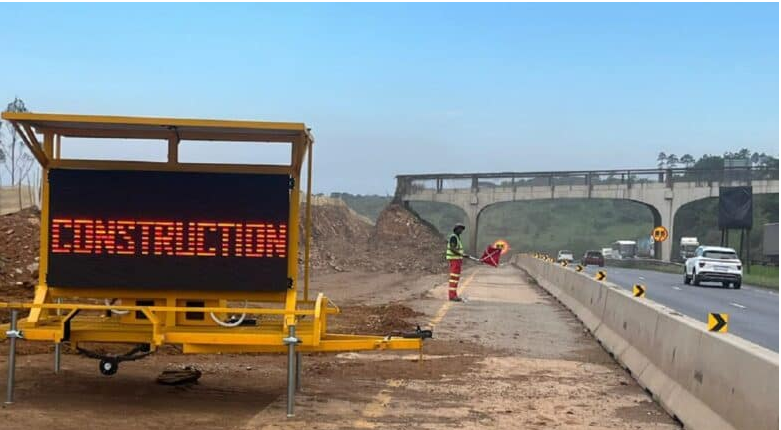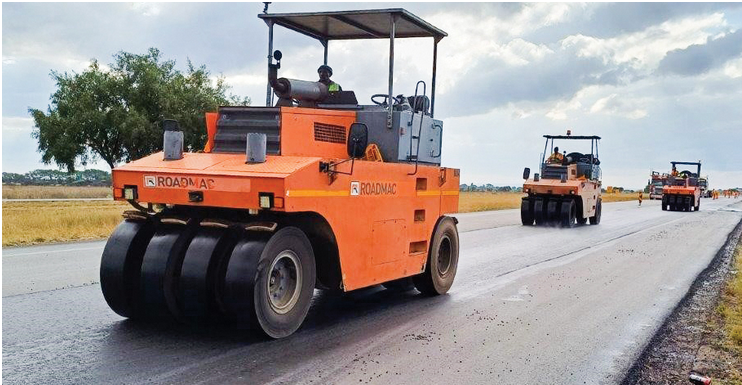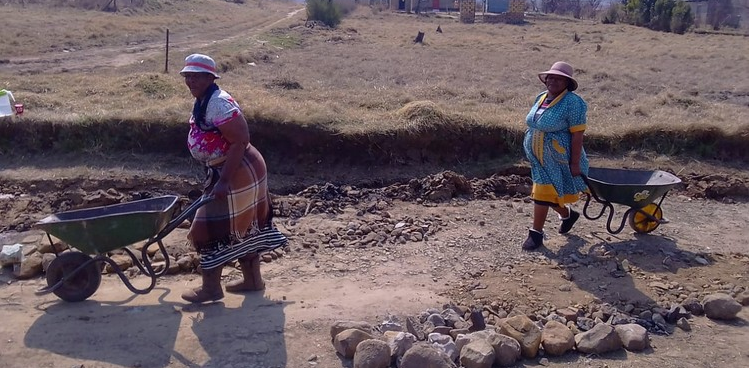Council may introduce new tax on businesses

Advertising
13-11-2009
Read : 8 times
The Herald
nelson mandela bay is considering introducing a 1% local business tax (lbt) as being the “most viable new revenue option”.
the budget and treasury committee was told yesterday that consultants who had been appointed to identify new revenue streams had concluded that the most viable was the lbt.
the consultants recommend introducing the lbt as a replacement for the now scrapped regional services council levy.
the new tax “could also mean that the current replacement – the share of the national fuel levy – could be retained and the two revenue sources combined could generate the additional revenue required”.
in his report to the committee, chief financial officer kevin jacoby said he had held discussions with his counterparts at other metros.
these had shown there was broad consensus that a joint application should be made to finance minister pravin gordhan for the introduction of the lbt in south africa.
subsequently, the matter had been discussed with the sa local government association (salga), which had recommended in a representation to its budget forum that the lbt be introduced.
the association contended that the lbt would “increase municipal responsiveness to the local economy and local accountability generally”.
further, it would increase municipal fiscal capacity so that local authorities “are better able to provide the infrastructure services required for economic development and growth”.
the consultants who drafted the report for the metro looked at nine options assessing what tax rate would be required to yield r500-million.
among the options examined were:
a fuel levy where an increase of 87c/litre would be required.
a surcharge on electricity which would have to be pitched at about 43%.
tax on hotel bed-nights which would need to be r145 per occupied bed per night, assuming a 60% occupancy rate.
a surcharge on water consumption of 142%, a figure calculated on an average across all users that would “in reality” be imposed only on a segment of consumers at much higher rates.
on the lbt, the consultant’s report states that it has the “most favourable features”.
these include that “it taxes a broad base and therefore can raise significant revenues even if taxed at a low rate.
“it is buoyant and it is non- distortionary in that it taxes all factors of production equally.”
the report adds that it can be administered “fairly easily” by sa revenue services on behalf of municipalities.
the consultants say that a tax on the factors of product can be determined in several ways, the simplest being total sales minus total purchases from other registered businesses (excluding vat).
alternatively expenditure of the various factors of production could be added together which is “likely to be more appropriate if the tax is collected by sars”.
it is suggested that the tax be applicable only to businesses registered for vat “in order to exclude the smallest businesses”.
the consultant’s report says there are indications that the business sector might find the lbt acceptable “as it would allow for increased accountability by municipalities to business”.
the administrative burden should also be “substantially less than was the case with rsc levies”.
however, it stresses that this would depend on how the lbt was designed.
“it would be crucial that business was satisfied that this tax would enhance its ability to hold the municipality to account and that the revenues would be used to enhance the ability to do business in the nelson mandela bay area.”
the report notes that while it would be preferable to introduce lbt at a uniform rate in all municipalities, “the tax is structured such that once the administration is well bedded down the rate could be varied between municipalities”.
however, that would be done “within a floor and ceiling set by the minister”.
Recent News
Here are recent news articles from the Building and Construction Industry.
Have you signed up for your free copy yet?
